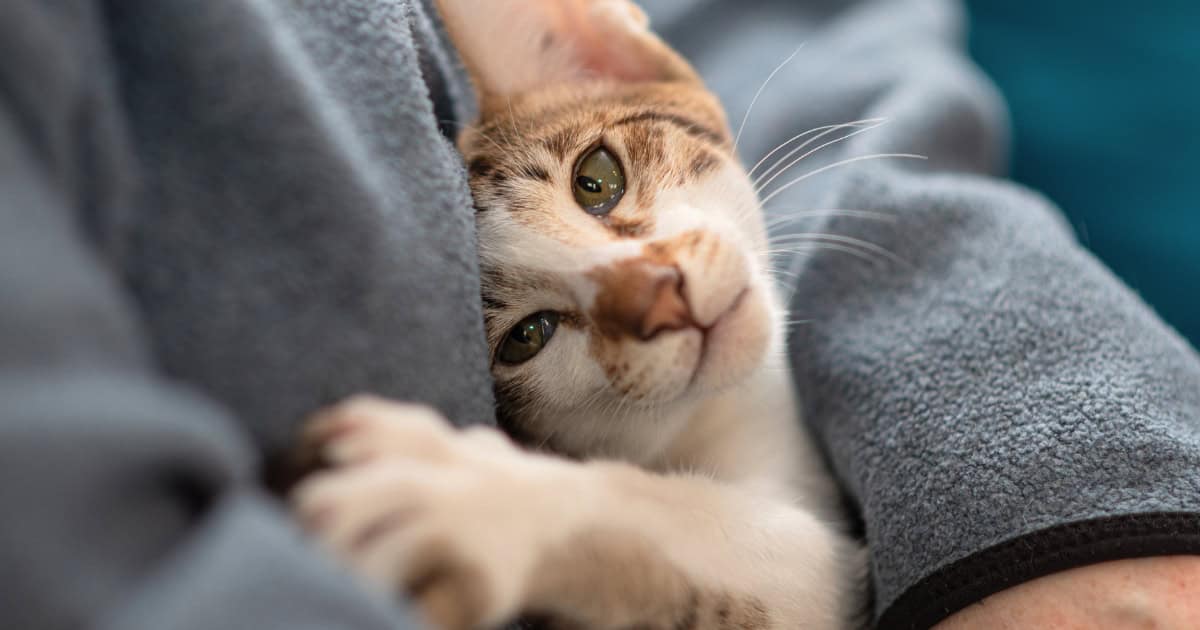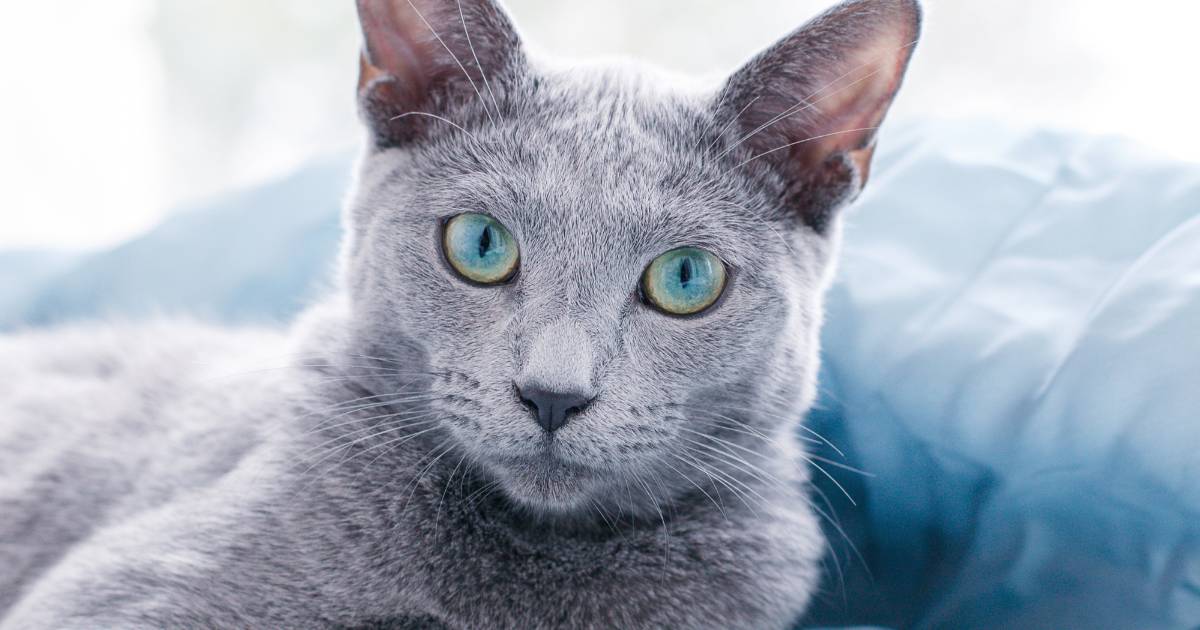Cats
Cat No Allergies: A Guide to Hypoallergenic Cat Breeds
Today we’re diving into the world of feline friends that won’t leave you sneezing. It’s a topic close to many hearts – discovering a cat that’s considered a “cat no allergies.”
We’ll unpack the science behind hypoallergenic cats and highlight breeds known for being gentler on allergies. Choosing a hypoallergenic cat breed, also known as a “cat no allergies” can be a great option for cat-loving individuals with cat allergies.
We’ll look at how gender, desexing status, and fur type can impact allergen levels in cats. Plus, I’ll give you top tips for keeping your house allergen-free with grooming tricks and cleaning hacks.
Understanding Hypoallergenic Cats
If you find yourself sneezing and itchy around cats, hypoallergenic cats might be a game-changer. These breeds produce fewer allergens than others, so they’re top picks for allergy sufferers. But what’s the science behind this?
Allergic reactions to cats typically arise from exposure to a protein known as Fel d 1, present in cat saliva, skin cells, and urine. As cats groom themselves, this protein adheres to their fur, eventually making its way into our homes and nasal passages.

Identifying ‘Cat No Allergies’ Hypoallergenic Cat Breeds
Although there is no complete allergy free cat breed, hypoallergenic cats produce fewer allergens than most, making them a breath of fresh air for allergy sufferers.
Let’s explore these unique breeds and their traits that help keep your tissues at bay.
Sphynx Cat Often considered one of the most hypoallergenic cat breeds, the Sphynx cat’s nearly hairless nature makes it less prone to leaving allergen-coated cat hairs around your home. However, potential allergy issues may still arise since some allergens are produced in the cat’s saliva and can be transferred to their skin during grooming.
Siberian Cat With its majestic mane and playful personality, this breed surprisingly produces less of the protein Fel d 1, known to trigger allergies.
Devon Rex Another star is the Devon Rex; this elf-like breed has short fur that sheds less frequently – meaning fewer airborne irritants floating around your home.
Oriental Shorthairs Due to their short and smooth fur, Oriental Shorthair cats are often suggested for individuals with cat allergies. It is still essential to regularly groom your Oriental Shorthair to reduce the presence of cat allergens.
Cornish Rex Having only a soft undercoat with no outer coat, the Cornish Rex cat is considered a hypoallergenic cat breed, due to its reduced shedding and minimal production of cat dander.
Russian Blue Russian Blue cats often look bigger than they are because of their thick, soft double coat. A good choice for pet parents with allergies, due to their limited shedding and lower levels of the allergenic protein Fel d 1 compared to various other cat breeds.

Factors That Influence Feline Allergens
If you’re sneezing around your feline friend, it might not just be the cat’s breed causing the issue. Several factors can stir up allergen levels in cats.
Gender First off, male cats typically produce more of the protein Fel d 1 — the main culprit behind allergies — than their female counterparts.
Desexing Another game-changer is neutering. Fixing your male cat may reduce these allergens since hormones affect protein production.
Coat Colour Believe it or not, darker-coloured fur tends to pack more allergenic punch than lighter shades.
Coat Length Long-haired breeds often get blamed for being allergy triggers; however, they groom themselves less frequently than short-haired ones which could mean fewer saliva-coated bits floating about.
So when choosing a pet that lets you breathe easy and cuddle freely – consider gender, snip status, and coat colour along with breed.
Toni’s Wrap
Choosing a hypoallergenic cat breed is a promising solution for individuals grappling with cat allergies, thanks to these feline friends often being hailed as “cat no allergies” due to their diminished allergenic properties.
We have explored hypoallergenic cat breeds, like the Oriental Shorthair and Devon Rex, that are great for allergy-prone individuals. Remember, it’s a good idea to keep a clean environment as well as maintain regular grooming to keep those cat allergies at bay.
Whether it’s a hairless cat like the Sphynx cat, a Cornish Rex, or another hypoallergenic breed, understanding your needs is crucial.




